
We all had some bad days at work where you just can’t stay focused no matter how hard you try. You keep checking your phone, your mind keeps wandering and you have trouble staying motivated.
No one claims it is easy to stay focused at work, but it is necessary if you want to do your job right. There are some methods that make it possible for you to get your productivity back on track. If you want to eliminate distractions you must pay close attention to what’s keeping you distracted in the first place. You can’t change what you can’t acknowledge, so it is important to learn what keeps you from focusing.
Here are the top 11 things that can distract you at work, according to HR professionals, scientific researchers, and other productivity experts.

1. Your late bedtime
8 hours of sleep per night helps you to think more clearly, remember information easier, and stay focused longer. When you don’t get enough quality sleep, it affects your brain’s function. This is why when you lack sleep you feel more unfocused than ever.
You have no idea how important sleep is and how related it is to the fact that you can’t stay focused. You wouldn’t think that one night with few hours of sleep can affect your brain’s function this much, but that’s the reality.
“Lack of sleep can definitely have a negative impact on concentration, alertness, and productivity,” says Chris Brantner, a certified sleep science coach with SleepZoo.
Chris recommends taking a power nap in the afternoon to feel more refreshed and get your energy back. He also suggests that heading to bed earlier is very important if you feel dizzy on a regular basis.

2. Your phone
Your phone is the most important distraction and you probably have no idea how much it’s diverting your attention. A recent study made in 2017 by the Journal of the Association for Consumer Research showed how much a smartphone can reduce your cognitive performances, even if it is sitting face-downed on your desk and you do not look at it.
Study participants who were told to keep their phones in the pockets or in their bag did better at the cognitive tasks they were asked to do than those who kept their phones in sight.
Of course, no one asks you to leave your phone at home all day, but you should try o keep it out of your sight while you work, to improve your cognitive performance.
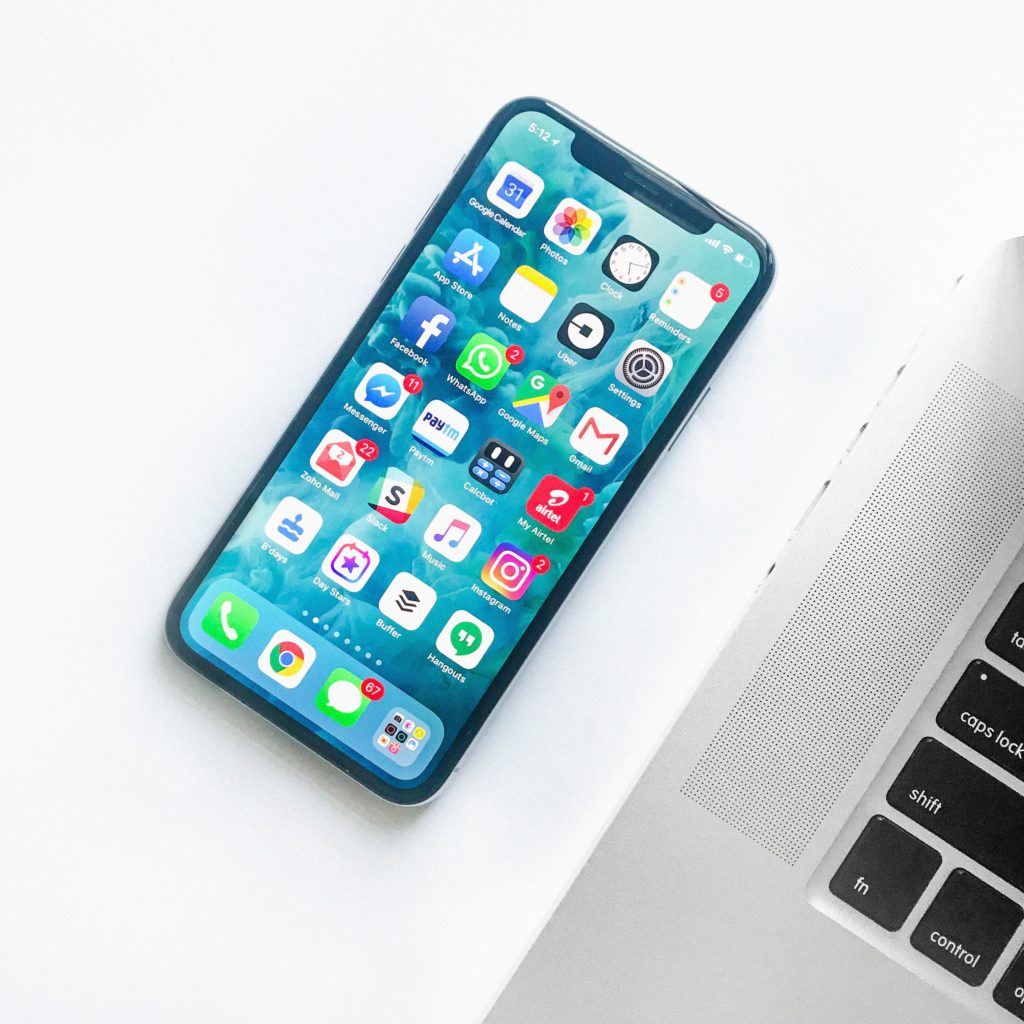
3. Your phone’s color settings
Instagram, Twitter and Facebook and the other social platforms you may be using are designed to captivate you and get your attention due to their bright icons and flashy photos. There’s no way to stay focused at work if you keep scrolling through Twitter. A simple way to avoid this is to turn a grayscale mode on because I’m sure you don’t want to throw away your phone.
“Turn on grayscale mode on your phone,” says Chris Bailey, author of The Productivity Project. “That way, it becomes significantly more boring and less novel. It’s like Instagram is an old black and white book.”
If your phone seems more boring to you, it means it is less tempting and it won’t keep you from doing your tasks anymore!
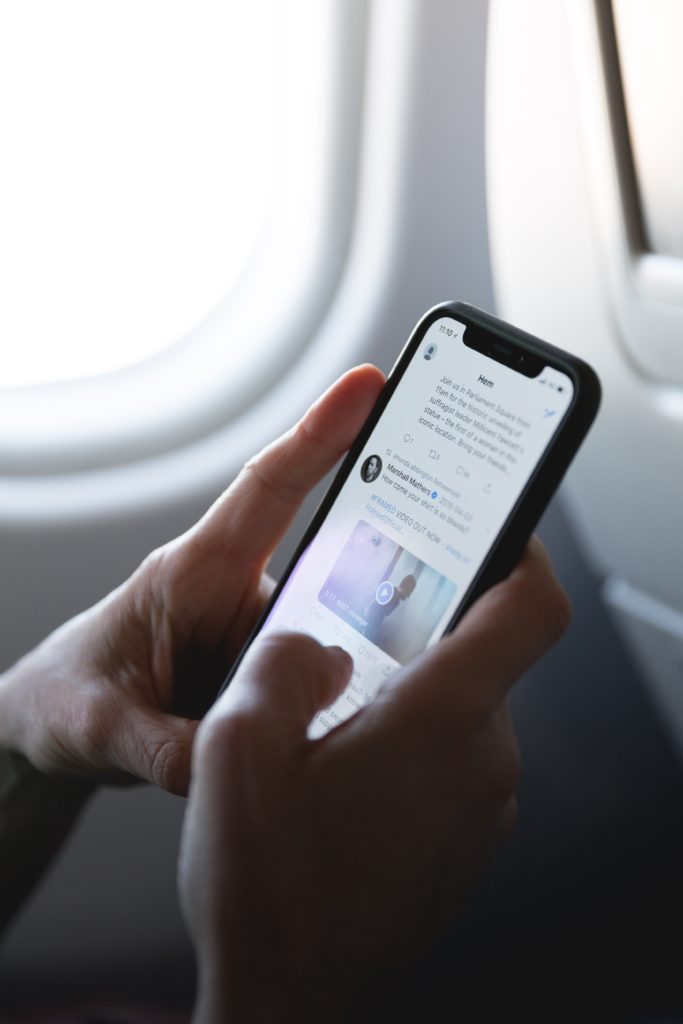
4. Your morning news check
It is important to stay on track with the news and everything that goes on around the world, but when you read the news online, going from one article to another, you get distracted from work and it will be hard for you to regain that focus back.
“You dive into articles more deeply and you spend less time on stimulating distractions that are programmed to take your attention, ” says Bailey. He also recommends that for a better concentration try subscribing to a paper version and you’ll definitely feel the changes while still being able to read what interests you.
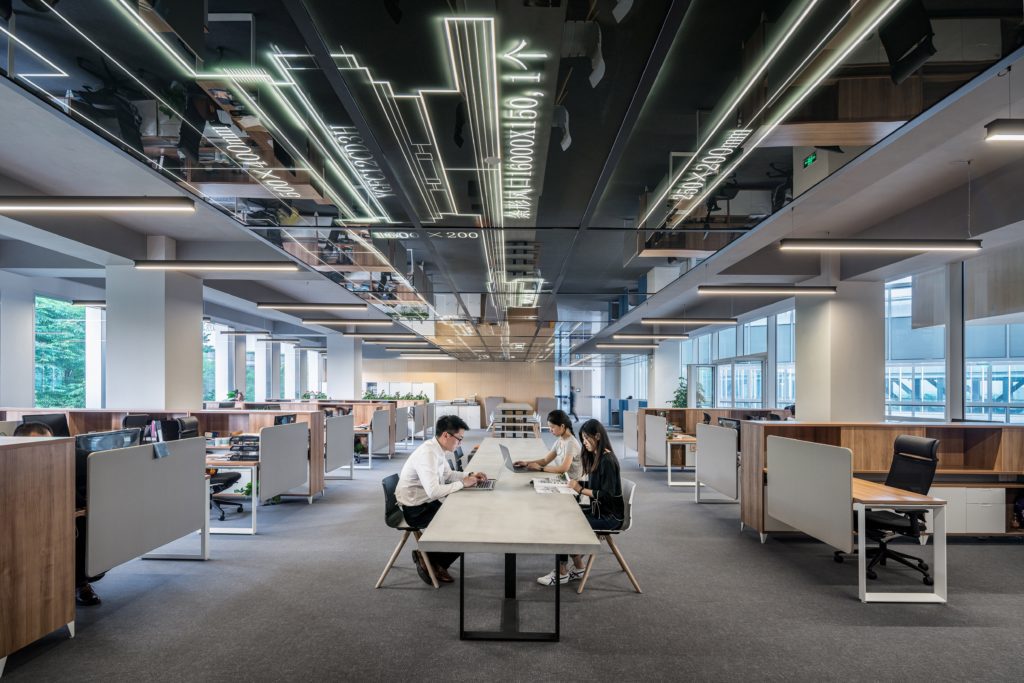
5. Your office’s setup
If you work in an open space and you’re side-to-side with a coworker or there are even more colleagues in the office, it may be harder to stay focused due to the background noise.
“The new open space concept that many companies adopted has proven to be distracting,” says HR professional Paula Goldman.
Even though you can’t control and change where you sit, there are some methods that will help you stay focused even if the room is noisy. Firstly, put your headphones on if someone is chatting near you, or ask your colleague to take his phone call elsewhere if it is taking too long.
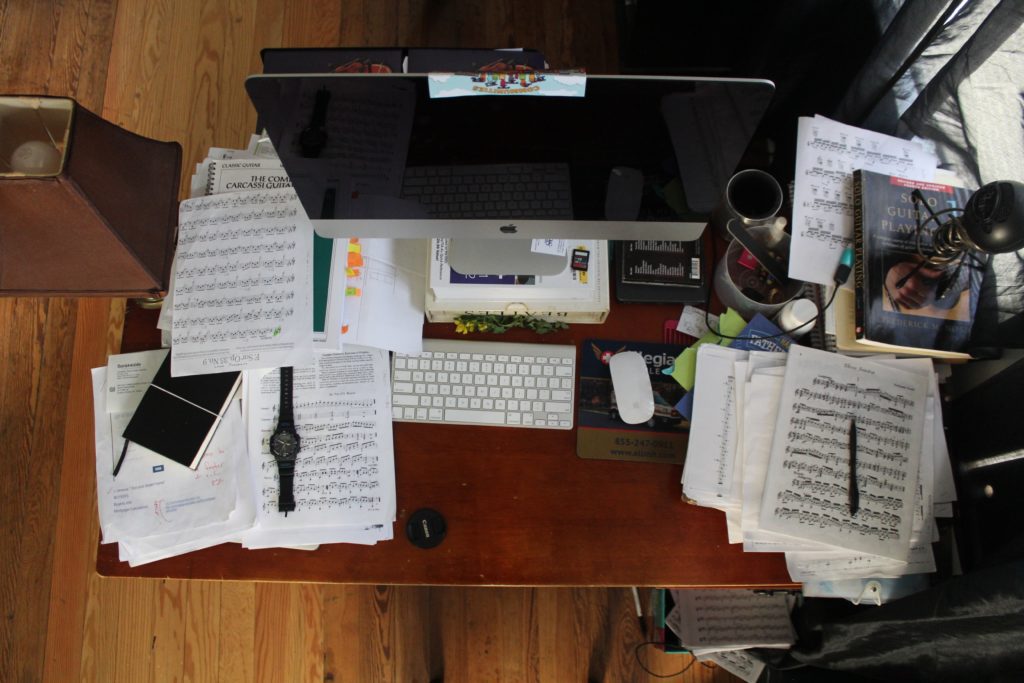
6. Your messy desk
A messy desk can affect your cognitive performance more than you think and it can take away your focus from the job without you realizing it.
“The untidier your desk, the more tempting it is to procrastinate by tidying it,” says Samuel Johns, career counselor, and human resources manager at ResumeGenius.
He explains how important is to keep your desk clean and everything in order, limiting your desk only to the items you use on a regular basis. For example, you can keep your pen, notepad and a mug close to you and everything else can be tucked in a drawer.
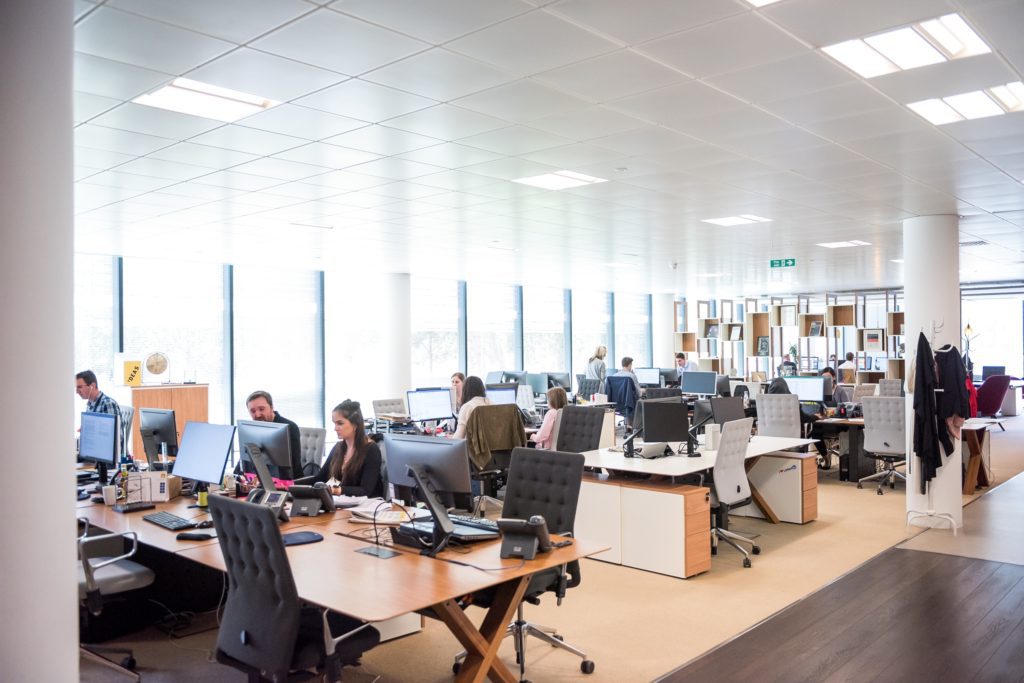
7. The busy work you assign yourself
“One major office distraction is ‘make-work,’ or work that you create to avoid other work that’s usually more important,” says Johns.
“This could include checking for new emails, creating to-do lists of your work instead of actually doing it, or reorganizing your filing system.”
He suggests making a solid to-do list that contains only your most important tasks, in the morning or at the beginning of your working day, and trying not to divert from the tasks you made.
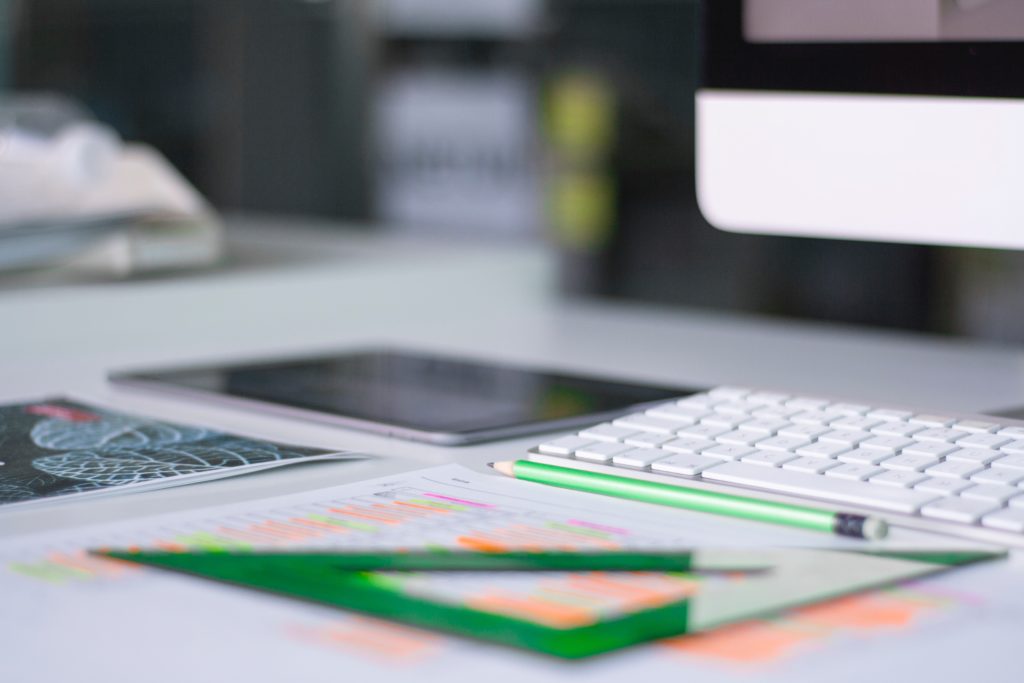
8. Your tasks are unrewarding
According to Bailey, you’re most likely to avoid doing a task if: It’s boring, frustrating, difficult, unstructured, or unrewarding.
“The more of these attributes a task has, the more likely we are to put it off,” he says.
If a task is too hard or dull, take a coffee break and treat yourself with a muffin while you buckle down, he suggests.
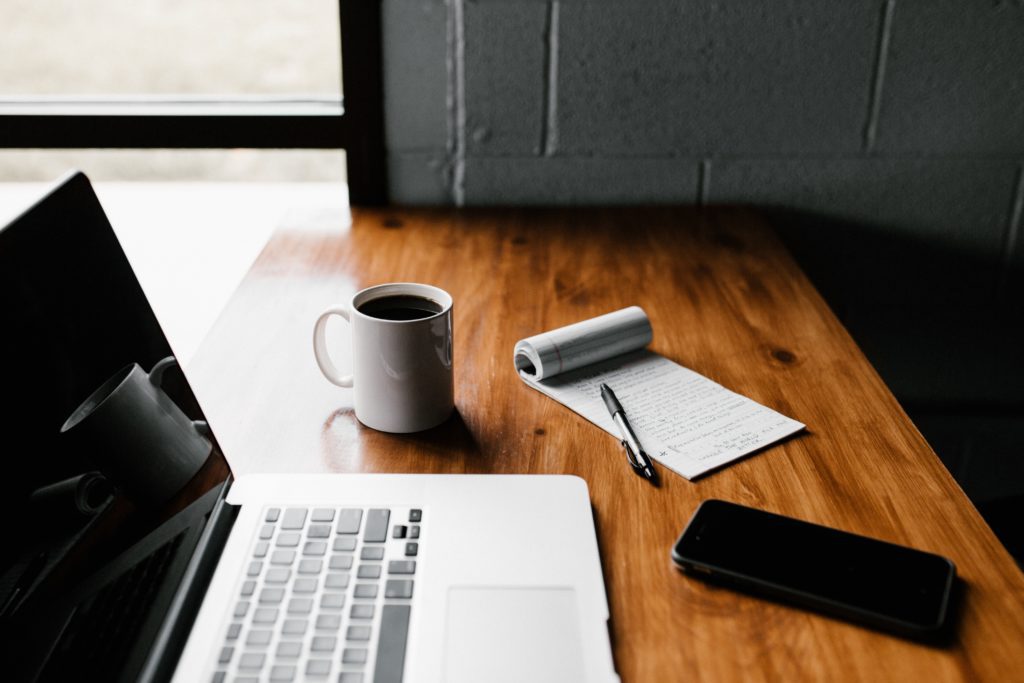
9. You’re checking your personal to-do list
“For some employees, the thought, ‘Oh, it’ll just take two minutes to order some more dog food’ or such-and-such is a frequent occurrence,” says Johns.
“It’s really up to employees to decide whether this is an appropriate way to spend their time. As long as they are not procrastinating or behind in their work and their boss doesn’t object, it might be OK.”
The time spent on a call with customer service will keep you from doing the tasks you have and it will be hard for you to regain that focus, so it is better to let your personal to-do list for the after hours.

10. You set too high expectations of yourself
When you have a task you have to finish within 2 hours, you get way too demanding with yourself. Sometimes, you can set too high expectations that will only make you more stressed out than before.
Let yourself have a 10-minute break from time to time and you’ll see that you’ll get more things done by the end of the day than you would if working without taking any breaks.
“That resistance is always stacked at the beginning of the task,” he says. “It might take three months to get the courage to start, but after three minutes, we could go for hours,” says Bailey.

11. Your chatty co-workers
A chatty coworker and loud office discussions can be one of the most distracting things you can encounter at work, says business coach Stacy Caprio.
“The conversation may be about work, or something non-work related, but no matter what the subject, it breaks the employee’s concentration and takes a very large chunk out of their total day’s work,” she says.
She says that you can avoid a neverending discussion with a colleague by sending him an email when you have a question or you need some information.























